BAPETEN Audience with the Ministry of Manpower of the Republic of Indonesia
Kembali 19 November 2024 | Berita BAPETEN | 1330 lihatThe Nuclear Energy Regulatory Agency (BAPETEN) held an audience with the Ministry of Manpower of the Republic of Indonesia (Kemnaker RI) on Tuesday, November 19, 2024. This activity was carried out to develop regulations and policies for the Personnel Certification Institution for Nuclear Energy.
The BAPETEN team consisted of the Director of Regulation of Radiation Facilities and Radioactive Materials (DP2FRZR), Mukhlisin, and his staff; representatives from the Centre for Regulatory Assessment of Radiation Facilities and Radioactive Materials (P2STPFRZR); and representatives from the Directorate of Licensing of Radiation Facilities and Radioactive Materials (DPFRZR). A discussion was held regarding Government Regulation (PP) Number 45 of 2023 on the welfare of radiation workers and social security as well as business licensing for the activities of personnel certification institutions for nuclear energy.
The audience was welcomed by the Director of Labor Relations and Wages - Directorate General of Industrial Relations and Social Security for Workers, Dhatun Kuswandari, along with representatives from the HSE Institutional Development and the National Professional Certification Agency (BNSP) of the Republic of Indonesia.
DP2FRZR Director Mukhlisin conveyed that the purpose of this visit was to synergize in the implementation of PP 45 of 2023 on Ionizing Radiation Safety and Radioactive Materials Safety. In his presentation, Mukhlisin provided an explanation of the duties and functions of BAPETEN as well as the distribution of nuclear energy utilization in Indonesia and the topics that would be discussed with the audience.
To focus on the objectives of the audience, Mukhlisin conveyed regulatory points regarding the welfare of radiation workers, which include incentives and social security as outlined in Article 27 of PP No. 45 of 2023. This provision is further explained in the following Article which states that the incentives received by radiation workers are given by considering the radiation risk received.
The amount of incentive is adjusted to the radiation risk, the scope of duties and responsibilities of the radiation worker, and the financial capacity of the permit holder. Based on Article 28 paragraph (3) it is written that the provision of incentives for Radiation Workers is carried out in accordance with the provisions of laws and regulations. Regarding paragraph (3), a discussion was held on the provisions of the laws and regulations, whether they were initiated by the Ministry of Manpower or BAPETEN.
In addition, the second topic discussed in this audience activity was regarding licensing of the Professional Certification Institution (LSP) for personnel or officers assigned to nuclear power utilization facilities. Mukhlisin said that currently, BAPETEN is preparing BAPETEN's Regulation (Perba) that regulates the certification process for personnel other than Radiation Protection Officers (PPR), who will then be given a Work Permit from BAPETEN. Looking at KBLI 74321 proposed in the revision of PP No. 5 of 2021 by the Ministry of Manpower, this activity is aimed at third-party professional certification activities, which contain several requirements, one of which is a BNSP license.
Representative of the Ministry of Manpower's HSE Institutional Development Supriadi said that based on the Regulation of the Minister of Manpower (Permenaker) Number 5 of 2018 on Occupational Safety and Health in the Work Environment, the HSE work environment supervised by the Ministry of Manpower is the hazards due to work for non-ionizing radiation. One of the hazard factors is the physical factor consisting of microwaves, UV rays, and magnets. Meanwhile, the dangers of ionizing radiation are supervised by BAPETEN.
Cesar Cahyo Purnomo, from the Sub-Coordinator of Wage Standardization, Ministry of Manpower of the Republic of Indonesia, said that the wage scale structure takes into account work risks, which consist of the work environment and the risks in which he works. For example, those working in very extreme cold temperatures and those exposed to radiation are at work risks. This goes back to the company. The term used for incentives is more about performance; the better or more output produced, the greater the incentive he gets. However, the term allowance is more about the dangers incurred due to work.
Dahlia Cakrawati Sinaga said that when BAPETEN drafted PP 45 of 2023, we involved various ministries, including the Ministry of Manpower. "The proposal for this article was a proposal from the representative of the Ministry of Manpower at that time. If we look at the formulation of the Article, the safeguarding of the Regulation is not directed at the Agency Regulation, but at the statutory Regulation, which we understand is a regulation issued or initiated by the Ministry of Manpower. So if currently the regulations related to this matter are available, BAPETEN will make it in the form of guidelines in determining this radiation hazard allowance for businesses," he added.
At the end of the discussion, BAPETEN and the Ministry of Manpower agreed that BAPETEN would create guidelines, which in the preparation of the guidelines would involve the Ministry of Manpower. It was conveyed that occupational safety guarantees do not have to talk about incentives. This employment social security is regulated in Presidential Regulation (Perpres) No. 7 of 2019, where there are occupational diseases caused by chemical hazards (39), physics (7), and biology (9). This occupational disease includes diseases due to ionizing radiation hazards (ion radiation).
Regarding the KBLI 74321 licensing, Dhatun said that this is a new KBLI proposal to accommodate BNSP activities. Then Evi Listiyani from BNSP said that currently, the process is still manual and has not gone through OSS. [DP2FRZR/Emma/BHKK/Da/Translator: GP]


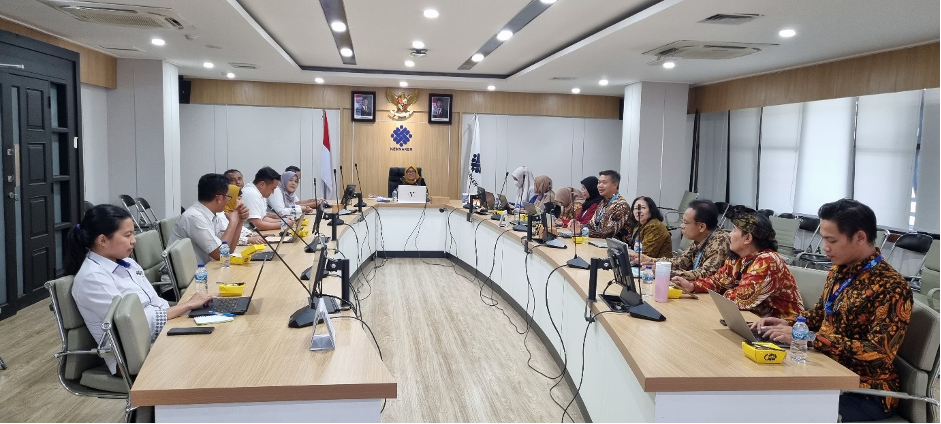
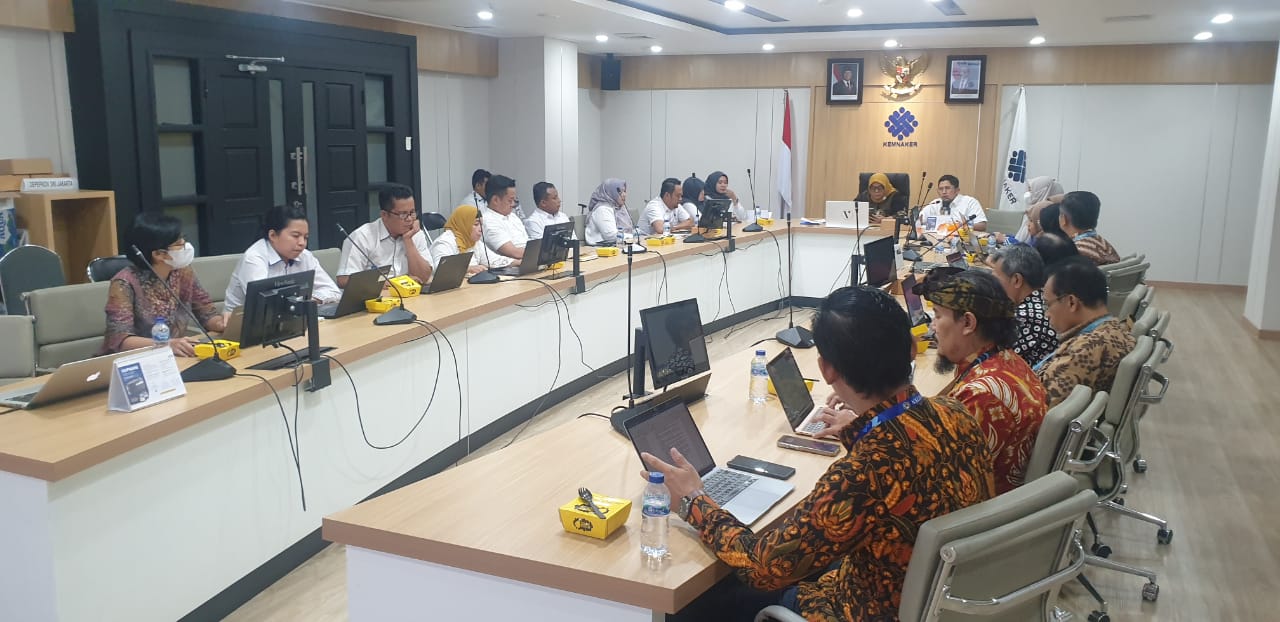
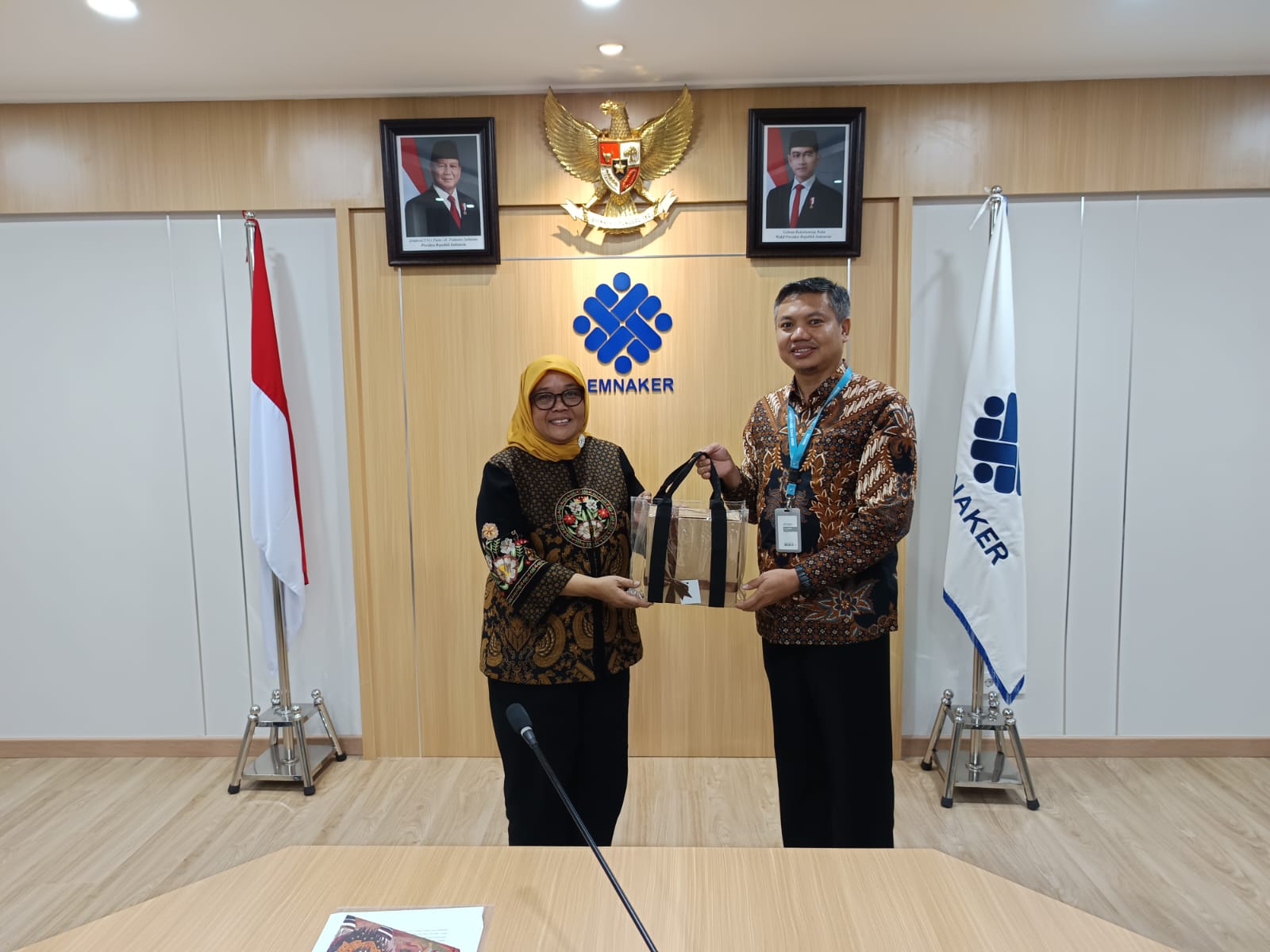
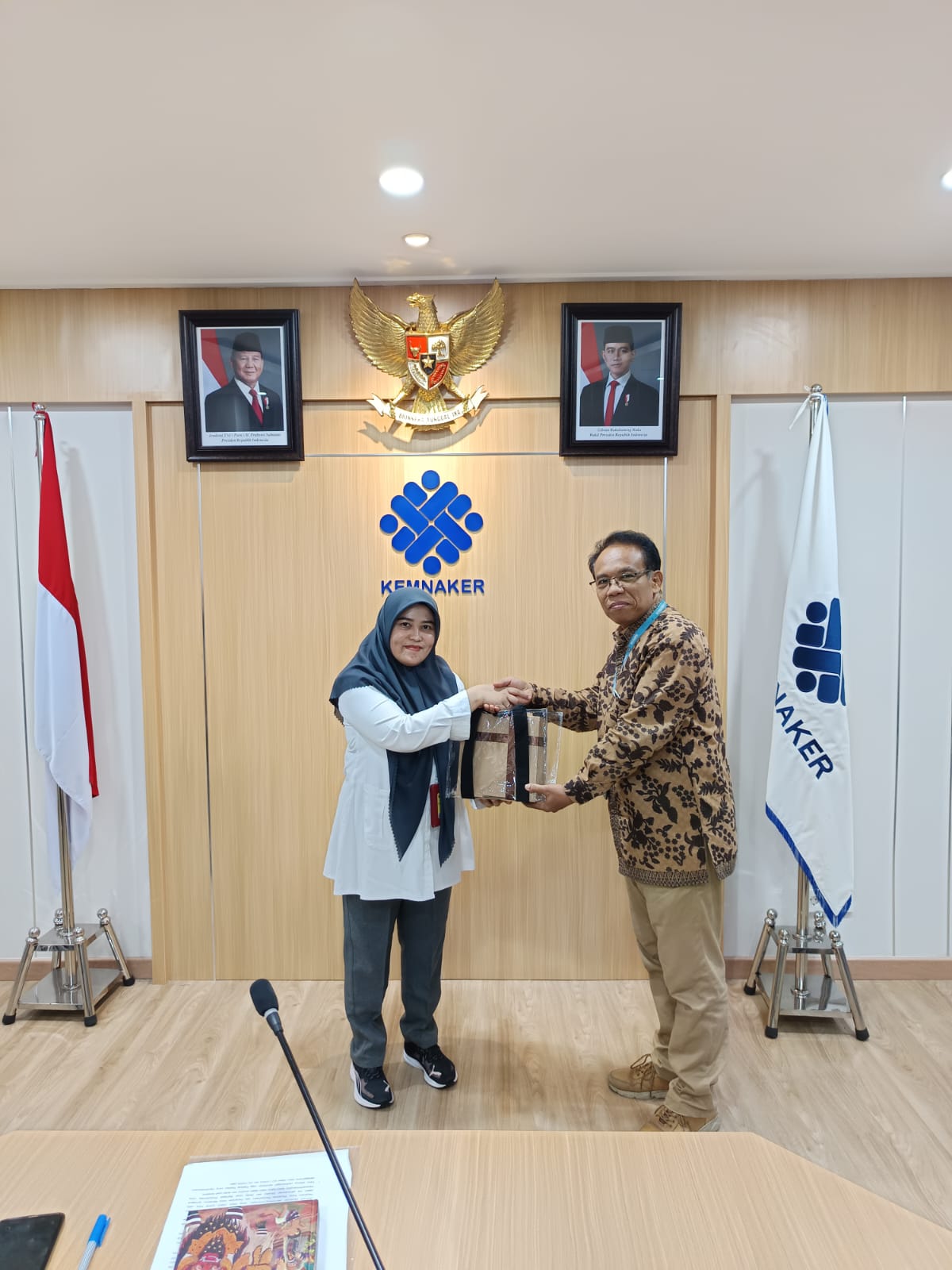




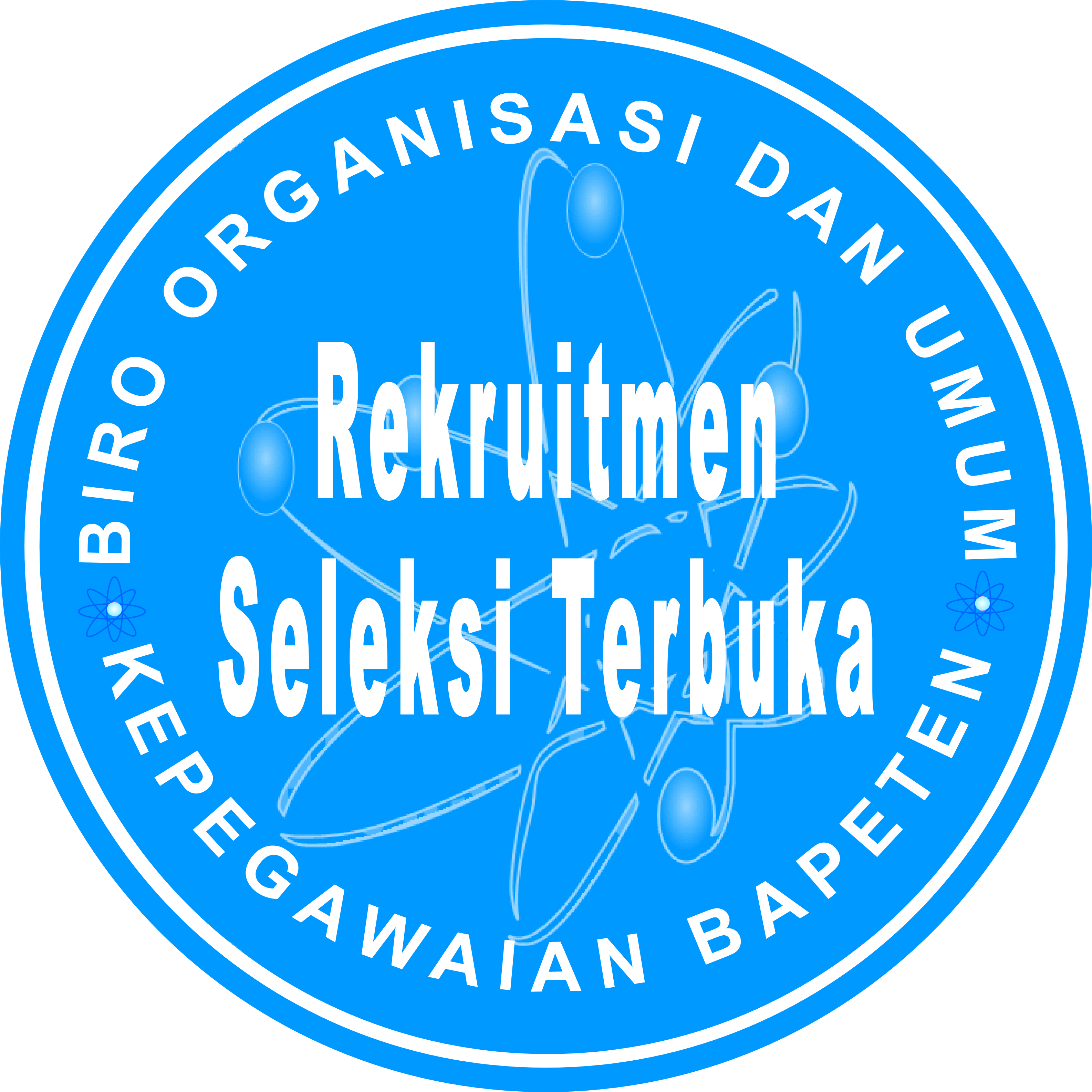

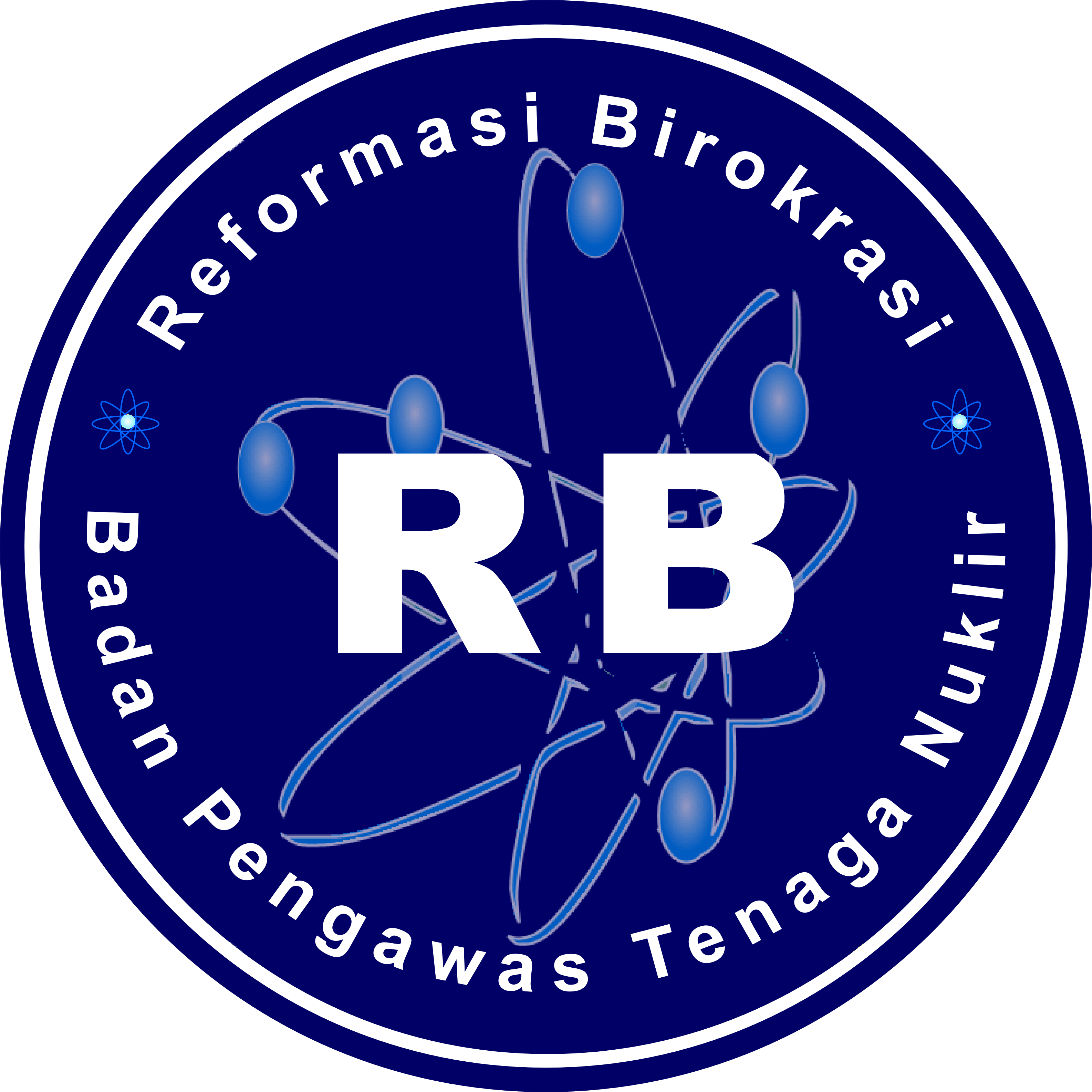











Komentar (0)